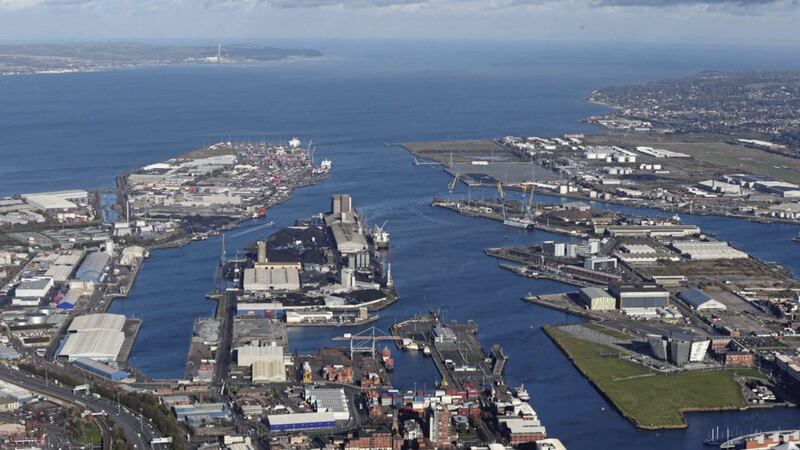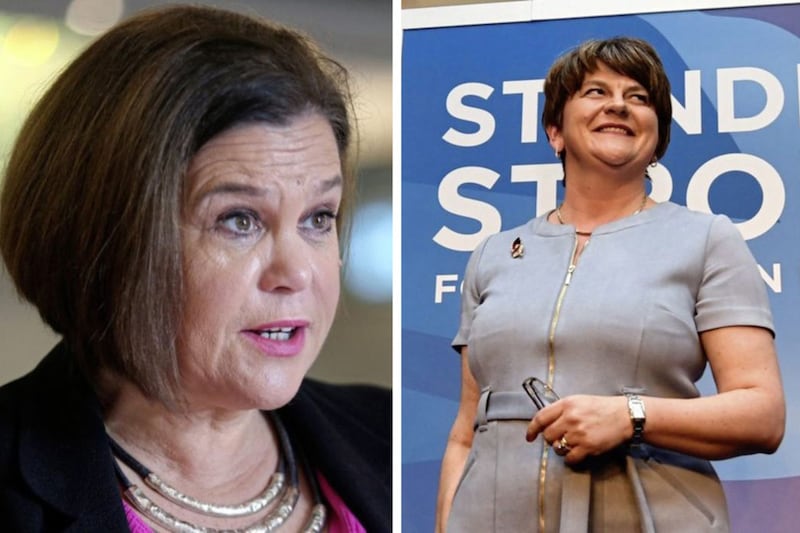ALMOST six in every 10 people believe there should be a Northern Ireland-only backstop that creates a 'border in the Irish Sea', according to a new opinion poll.
Lucid Talk's monthly Tracker poll shows that 91 per cent of nationalists/republicans support a regionally specific backstop that ensures a soft border, while 81 per cent of unionists oppose it and want the north to leave the EU on the same basis as Britain.
Almost three quarters (73 per cent) of Alliance, Green and 'neutral' voters back the Northern Ireland-only backstop, a scenario which also has significantly stronger support among younger (18-44) voters (69 per cent).
Voters in the 45-plus bracket were roughly evenly split on the issue, with 52 per cent opposing a regionally specific backstop and 47 per cent supporting it.
"There are few surprises when we break down the results by party political support – but again it should be noted that a notable minority of the unionist voter base would support a NI only backstop," the Lucid Talk commentary says.
"This is more pronounced when we look at UUP (Ulster Unionist Party) voters - ie 27 per cent of UUP voters would support a NI specific backstop vs only 5 per cent of DUP voters who would do the same."
The same poll, which is based on 1,252 responses, found that nearly two-thirds (65.7 per cent) of people believe the UK government has handled the Brexit negotiations 'very badly', compared to 6.4 per cent who think they've conducted themselves 'very well'.
"Again, we see the differences of opinion in this question when we compare the unionist and nationalist/republican voter bases," the commentary notes.
"But it is noteworthy that 21 per cent of DUP voters the government are doing ‘fairly well’ with their negotiations, and 13 per cent (of DUP voters) think they are doing ‘very well’ – though 28 per cent and 32 per cent of DUP voters still think they are doing ‘fairly badly’ or ‘very badly’ respectively."
However, the commentary notes that the positive rating for the British government from the DUP voter base "probably reflects the change to the Boris Johnson government, and also the current DUP confidence and supply arrangements with the Conservative government".








